Passing on a deep sense of culture and community to your children has little to do with rigid rules or textbook traditions.
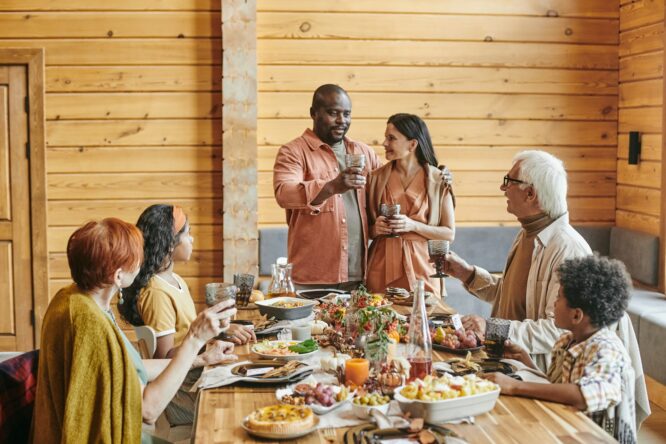
Instead, it’s about weaving your values, stories, and ways of being into your kids’ everyday lives. These signs show that you’re helping them carry something meaningful forward, even if you don’t realise it’s happening. In the long run, they’ll be able to hold onto a sense of where they come from, and even share those things with their own family one day, should they have one.
1. Your kids can explain family traditions in their own words.

It’s not just that they’ve taken part in certain traditions — it’s that they understand why. They know what the meal means, what the song symbolises, or what the holiday celebrates, and they can explain it in their own way. That level of awareness means it’s more than routine. It’s rooted. You’ve helped connect the dots between what you do and why it matters, and that’s what makes traditions stick over time.
2. They’re proud to share your cultural dishes or language with other people.
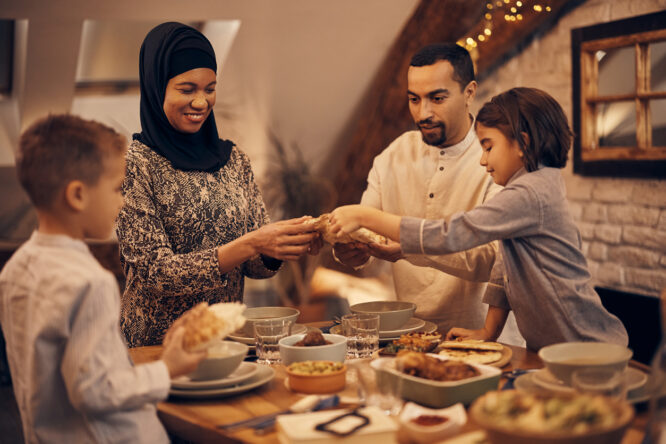
Whether it’s bringing a homemade dish to a school potluck or confidently using words from your native language, your child doesn’t shy away. Instead, they lean in with pride. That pride doesn’t happen accidentally. It grows when culture is framed as something special and worth celebrating. If your child feels confident sharing it, it means they’ve absorbed that confidence from you.
3. You’ve normalised your culture as part of everyday life.

It’s not something you only bring out on holidays or when visitors come over. It’s in the food you cook, the music you play, the way you greet your elders, and the stories you tell at bedtime. When culture isn’t set apart as “different” but simply “ours,” it becomes something your kids carry naturally. That sense of normalcy helps them see cultural identity as something they belong to, not something they have to explain or hide.
4. They ask questions about their background, and you welcome them.
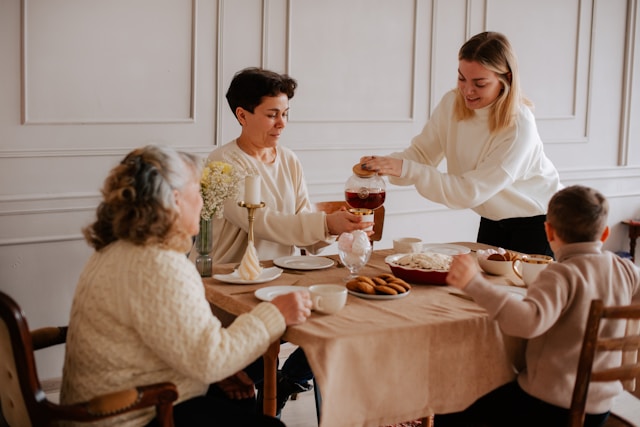
If your kids come to you with curiosity about where your family came from, why certain things are done a certain way, or what life was like for your parents or grandparents, that’s a great sign. When you answer with openness, even if you don’t have every detail, it shows them that cultural identity isn’t static. It’s a conversation. That back-and-forth builds trust, pride, and understanding that lasts beyond childhood.
5. They see different generations in your family spending time together.
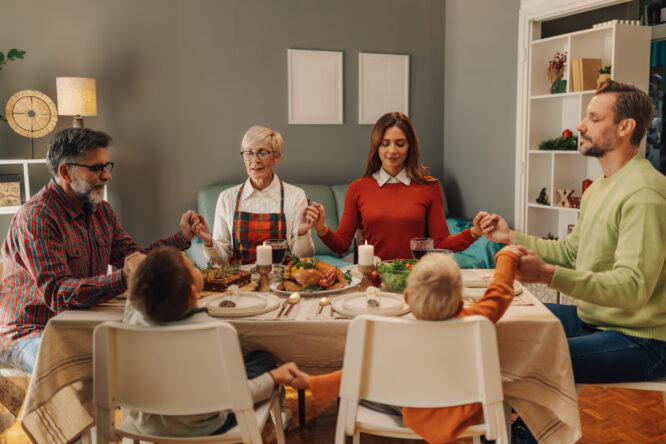
Cultural richness is often passed down not through formal lessons, but through shared moments with grandparents, aunts, uncles, and cousins. If your child is growing up with those relationships, they’re absorbing more than you realise. Hearing stories, picking up expressions, or just sitting at the same table helps bridge generational gaps. It gives them a sense of continuity, and makes them feel that they’re part of something larger than just their own timeline.
6. You include your culture in creative ways that reflect your real life.
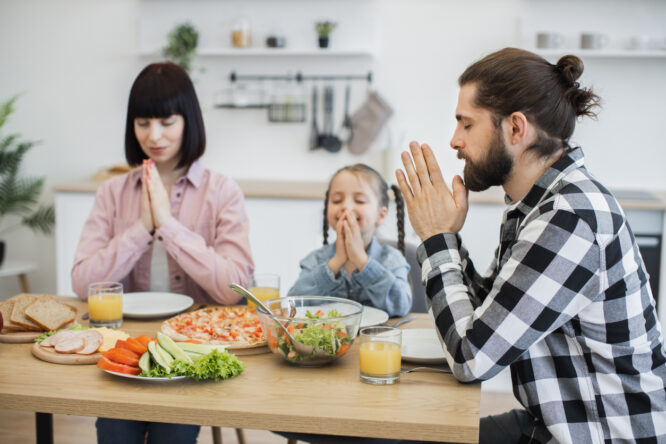
Maybe you fuse recipes, blend holiday traditions, or adapt old customs to fit your modern routine. You’re not stuck on doing everything “exactly right”; you’re making it work for your life now. That flexibility is powerful. It shows your kids that culture is living and evolving, not a set of strict rules. It teaches them to carry their heritage in a way that’s personal, not performative.
7. They know that cultural pride and kindness go hand in hand.
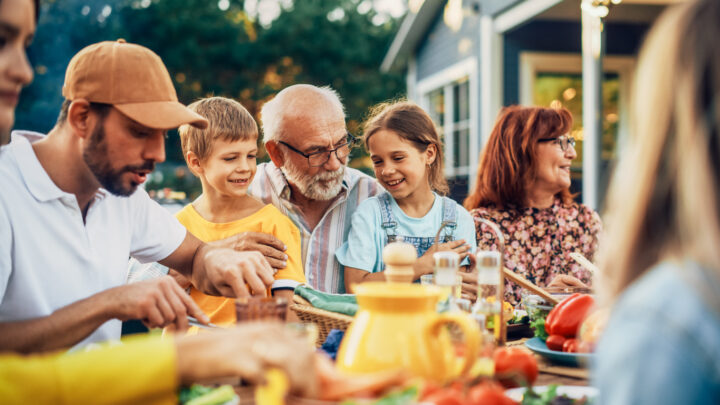
If you’ve taught your kids to love where they come from without putting anyone down, that’s a huge sign you’re passing on cultural richness in a healthy, grounded way. They understand that honouring your roots isn’t about superiority; it’s about connection. That balance helps them build meaningful relationships across cultures while still feeling rooted in their own identity.
8. You’ve told them stories about your own childhood and upbringing.

Whether they’re funny, emotional, or a little messy, the stories you tell about your own life give context to the values and traditions you hold. They make culture feel human, not abstract. Kids remember stories, and when those stories come from you, they become part of their own internal landscape. It’s how you pass down both history and heart, all at once.
9. They use cultural references naturally in conversation.

When your child mentions a traditional saying, references a family custom, or laughs at an inside joke rooted in your heritage, that’s how you know it’s sinking in. It’s not performative or forced; it’s just part of how they think and express themselves. And that means it’s become part of how they understand the world, too.
10. They don’t hesitate to correct people about their identity.
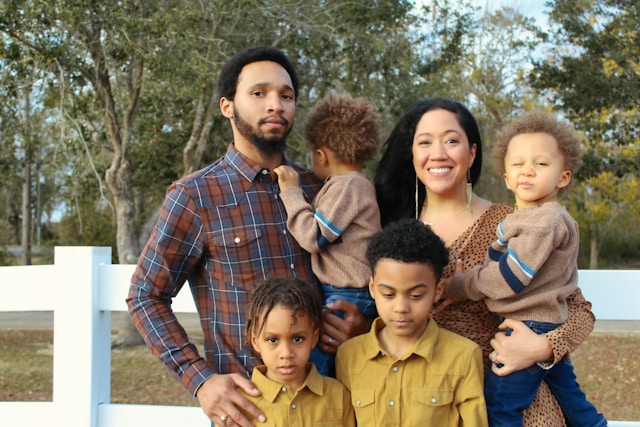
If someone mispronounces their name, makes a lazy assumption, or asks a loaded question—and your kid handles it with calm confidence—that’s the result of internalised pride. You’ve given them the language and the self-assurance to speak up when something doesn’t sit right. That’s not just about culture; that’s about self-respect rooted in deep understanding.
11. They show interest in other cultures, too.
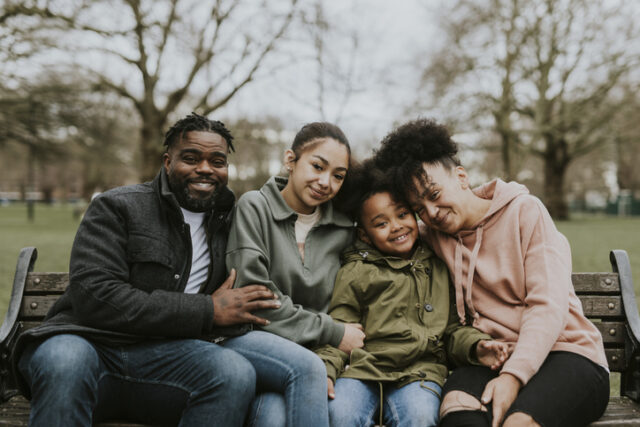
When kids are grounded in their own cultural story, they’re more likely to appreciate the richness of other people’s. If your child is curious, respectful, and excited to learn about different backgrounds, you’ve passed on something important. That curiosity isn’t random. It grows from being raised in a home where culture is seen as something valuable, not something to avoid, judge, or downplay.
12. You’ve made space for culture even when it’s inconvenient.

Whether it’s driving across town for a community event, cooking a time-consuming traditional meal, or holding onto a family ritual no one else quite gets, you’ve chosen to keep it alive, even when it would be easier not to. Your kids notice that. Even if they roll their eyes sometimes, those moments send a clear message: this matters. That sense of purpose shapes how they’ll carry it forward, too.
13. You’re learning and healing as you pass things on.
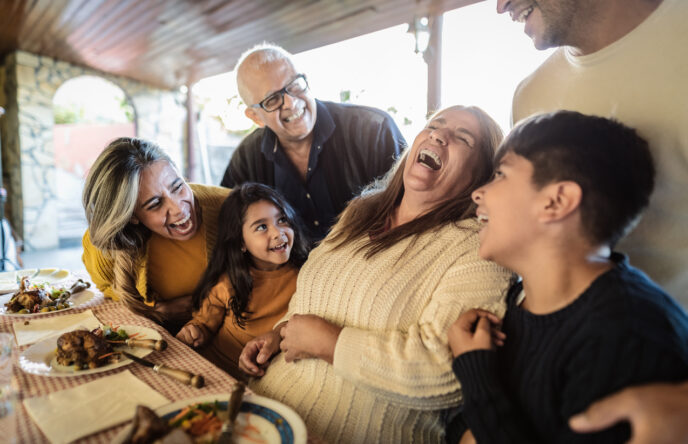
Maybe you weren’t taught everything growing up. Maybe some things were lost or misunderstood. Instead of letting that stop you, you’ve chosen to reclaim, rebuild, or reinterpret what cultural richness means to you. That act of ongoing discovery—and your willingness to bring your kids along for it—is the heart of legacy. It doesn’t have to be perfect. It just has to be real.




